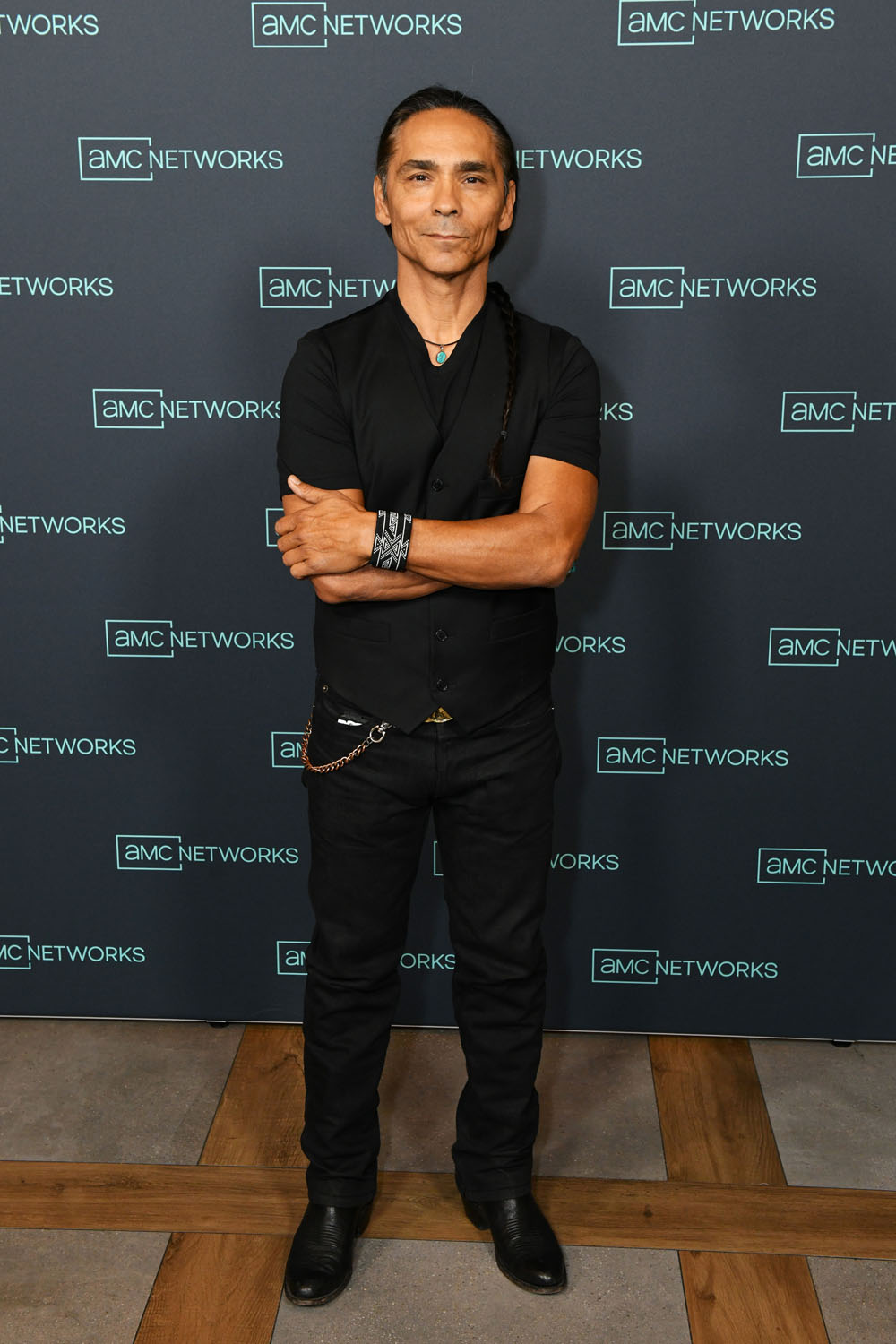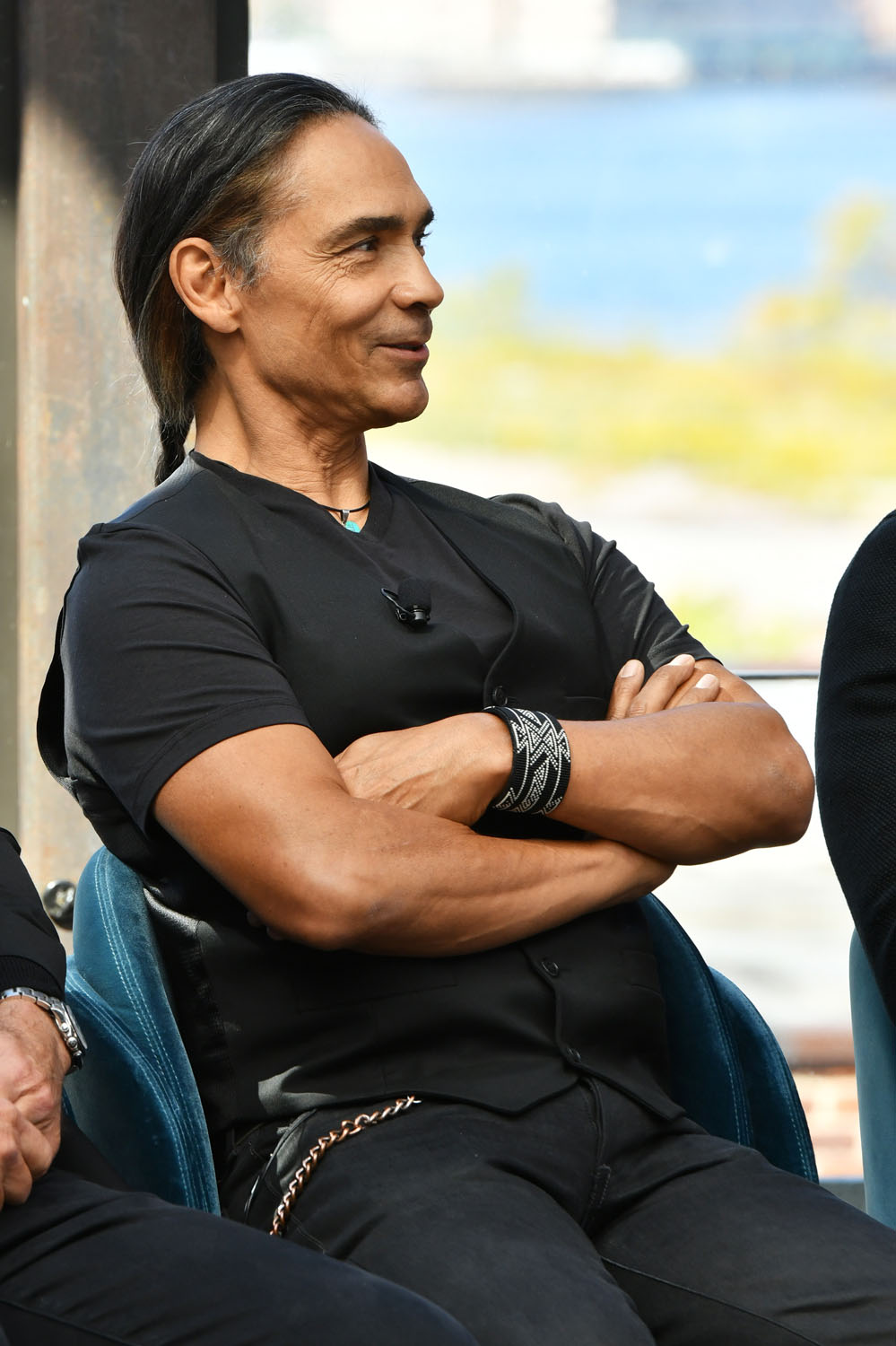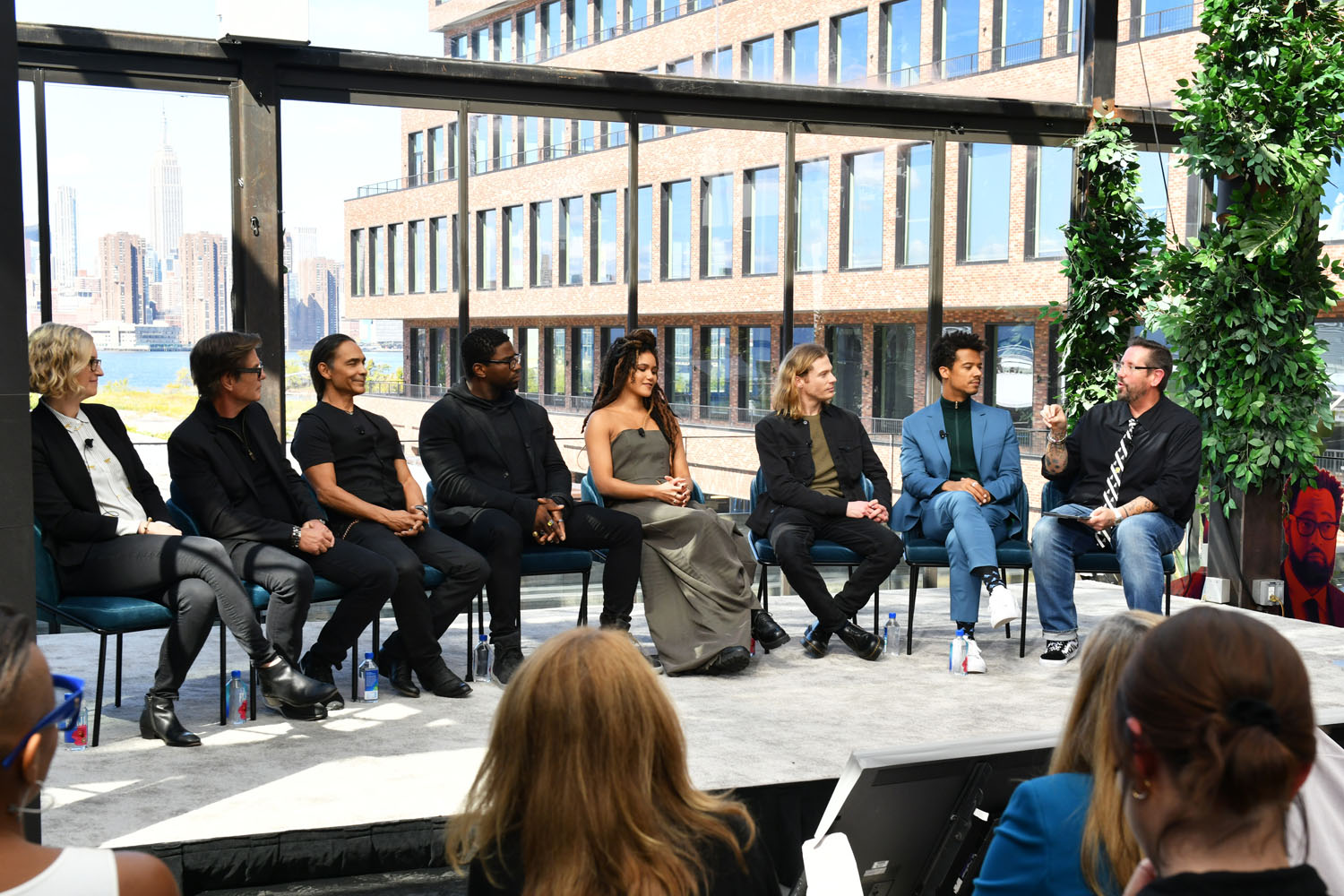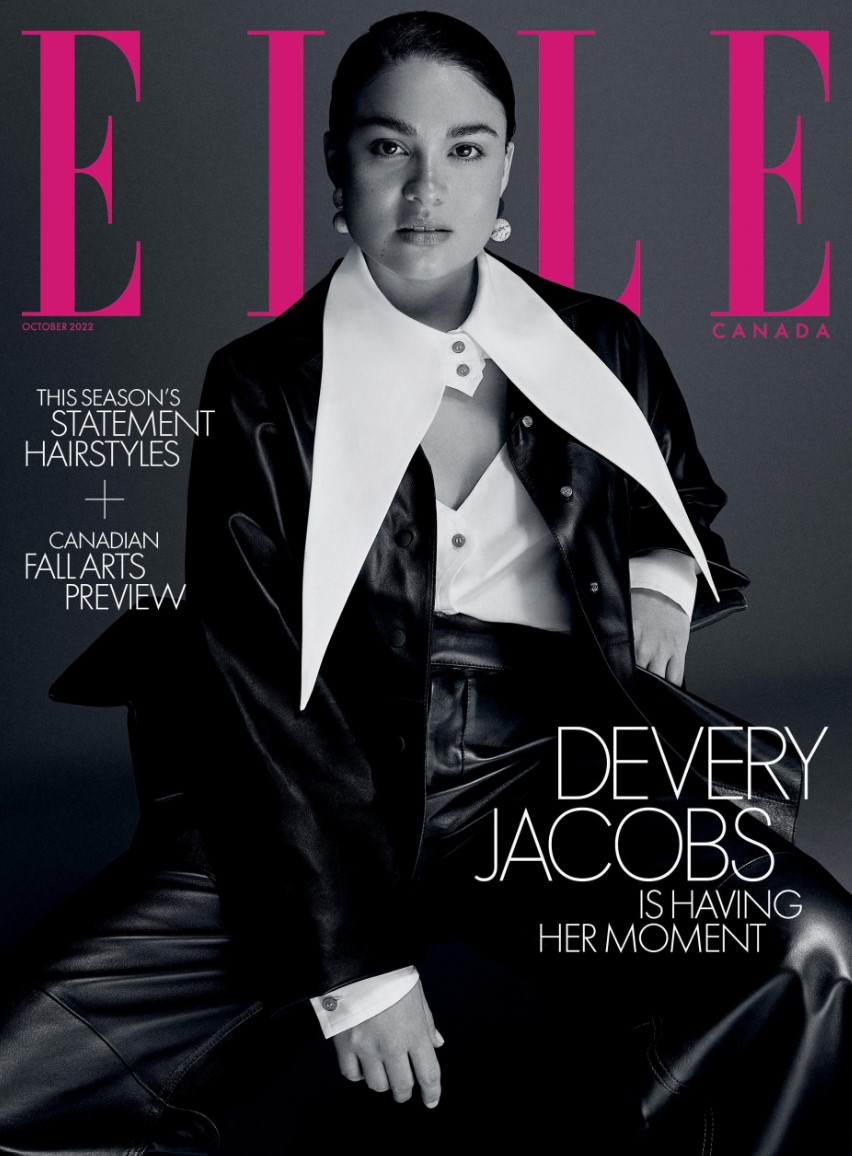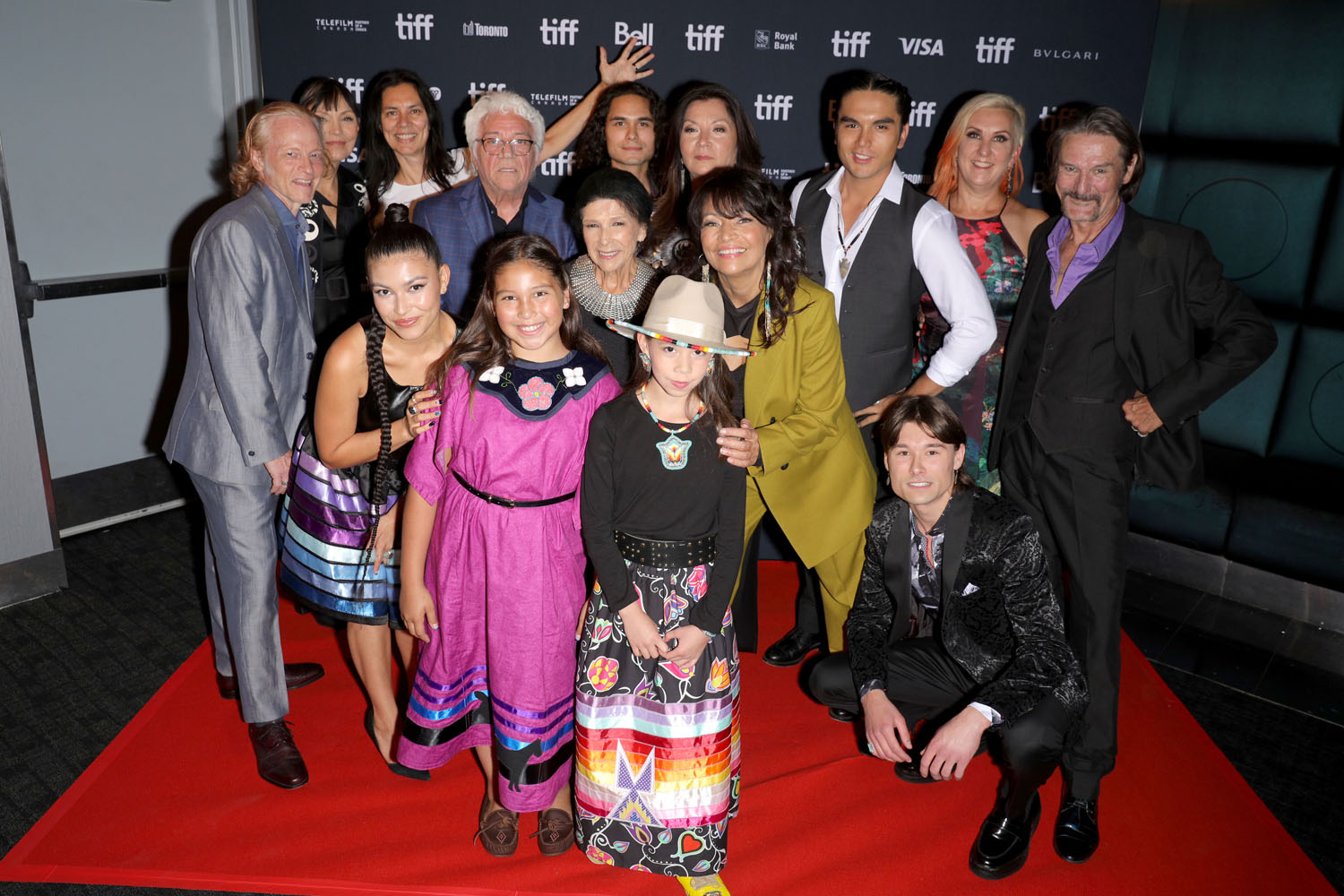Zahn McClarnon in Dark Winds


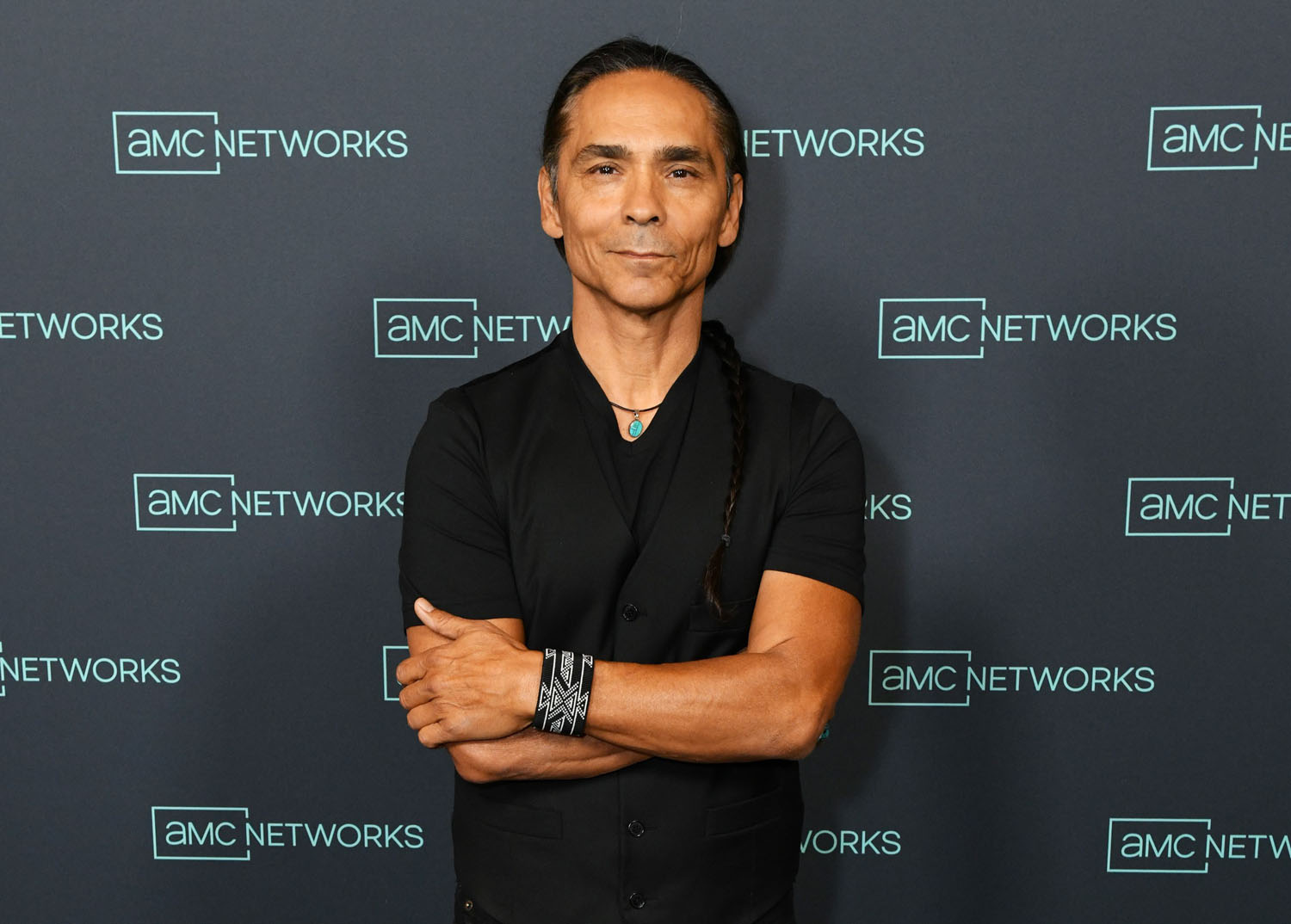
Zahn McClarnon is an actor with over 90 credits to his name, but you’ve probably only started to notice him within the last decade. He’s done his time hopscotching through network procedurals like NYPD Blue, Criminal Minds, and Castle, and he’s been in most projects of note that either features or centers Native Americans, such as Dr. Quinn, Medicine Woman and Into the West. But McClarnon, who is of Hunkpapa Lakota descent, didn’t have his breakout moment until 2015, after over 20 years in Hollywood. That year, he starred in the Western-horror cult film Bone Tomahawk—good but super gnarly—and, most visibly, he starred as Hanzee Dent in Fargo season two.
McClarnon’s performance as Hanzee got mainstream Hollywood’s notice, and he went on to have recurring roles in shows like Longmire, Queen of the South, and Westworld. It’s still f-cking embarrassing McClarnon wasn’t nominated for an Emmy for his performance in the episode “Kiksuya”, which was filmed primarily in Lakota.
McClarnon first caught my eye in Ringer, the post-Buffy Sarah Michelle Gellar series about Adult Twins, and from there, he became one of those actors I will watch in literally anything. He’s a magnetic performer, not quite a screen tyrant who dominates everyone in any scene regardless of context (think Benedict Cumberbatch and Robert Downey, Jr.), but something close to that. It's hard not to keep an eye on Zahn McClarnon when he’s in a scene, even if he’s not doing anything, because…maybe he will do something. There’s a sense of waiting in his performances, McClarnon listens on screen with such intensity, it makes him perfect for high-stakes characters like Hanzee, or Akecheta in Westworld, because it always seems like McClarnon’s characters are absorbing more information than they’re meant to know. Fargo used this to excellent ends, paying off Hanzee’s silent watchfulness with an equally controlled yet frightening explosion of violence.
Mike Flanagan, too, knew what he had when directing McClarnon as Crow Daddy in Doctor Sleep, another tense performance of a wily predator waiting for the right moment to strike. But Crow Daddy is a bonus, a role that allows McClarnon to be Fully Hot On Screen.
Unfortunately, few of McClarnon’s roles let him be Fully Hot On Screen. Some are more interested in him being funny, such as Reservation Dogs, in which he plays laconic tribal cop, Big. But most roles utilize McClarnon as the strong, silent sidekick type, rarely is McClarnon afforded the opportunity to let his leading man light shine. Longmire is a perfect example. On that show, McClarnon plays another tribal cop, Officer Mathias, who is often portrayed as the stubborn roadblock to the white sheriff, Longmire, a renegade lawman who will see justice done come hell or high water. Officer Mathias is the killjoy, the reminder of the limits of Longmire’s power, which ends at sovereign tribal lands. Longmire just barely avoids coming right out to say, These damn Indians, always in our way. It’s a testament to McClarnon’s acting that Officer Mathias never plays as simple or one note, but that show more than any other made me long for a starring vehicle for McClarnon.
Imagine my delight, then, when Dark Winds premiered on AMC this summer. An adaptation of Tony Hillerman’s “Leaphorn & Chee” novels, Dark Winds follows, you guessed it, a tribal cop, in the Navajo Nation in the 1970s. McClarnon stars as Joe Leaphorn, a lieutenant in the Navajo Tribal Police, who starts investigating a series of crimes in and around Navajo land and gets tangled up with the FBI and a larger conspiracy. Dark Winds isn’t breaking new ground, it’s half police procedural, half thriller, and the kind of moody cop show we’ve seen before, except how it’s set on tribal lands during the American Indian Movement in the 70s.
As with rom-coms, Westerns, and superhero movies, just turning the lens slightly and focusing on an underrepresented group breathes new life into the formula and gives Dark Winds texture and style to set it apart. But really, what it has is Zahn McClarnon, stretching all his muscles at once, being intense, smart, funny, romantic, and Fully Hot On Screen, all at the same time (Westworld, to its credit, also gave McClarnon that kind of space, but as part of an ensemble, there’s just less of it).
Dark Winds is basically the flipside of Longmire, being a Western detective show focused on the tribal police, where the white lawmen are the stubborn roadblocks. Finally, 30 years into his career, McClarnon has a leading role worth his time and talent. He gets to play the kind of complex character he usually serves as a sidekick, and he brings that sense of watchfulness, of waiting, to his performance, which adds a layer of tension to Dark Winds, which is already pretty tense. But McClarnon has had decades to hone his craft and perfect his on-screen thousand-yard stare, and that stillness that suggests his character is up to something even when doing nothing. Dark Winds is a good show for anyone who enjoys atmospheric detective shows, but it is REALLY worth it as a showcase for Zahn McClarnon, long overdue for his leading man moment, and making the most of it.
For more on Zahn McClarnon’s main moment, check out his interview with Vulture’s Roxana Hadadi. She asks him about the online Crow Daddy thirst!

